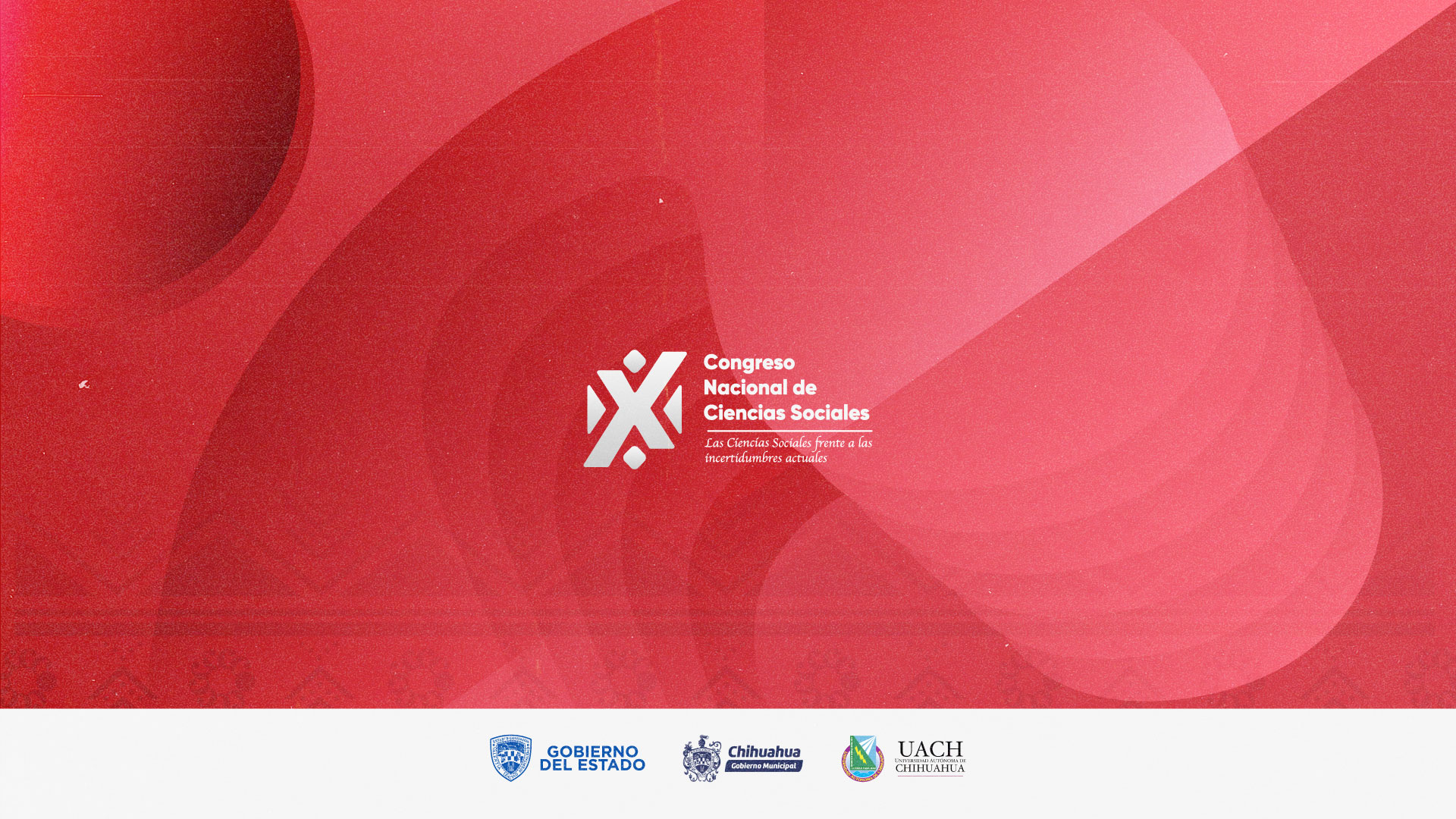From the Arab Spring to Lockdown
From the Arab Spring to Lockdown: Social movements, resistance and revolution in the age of multiple planetary crisis 2011-2021
To celebrate the 10th anniversary of CSM-RESIST at University of Gothenburg, we organize four panels discussing an extraordinary decade of protest globally – from the analytical perspective of theories of social movements, resistance and revolutions.
Anniversary Seminar Programme
Introduction to the Anniversary seminar held by Håkan Thörn and Mattias Wahlström, University of Gothenburg.
Revolution, resistance and social movements: new realities – changing theories?
Wednesday 10 November
1-3 pm (CET)
Digital Seminar on Zoom
Meeting ID: 614 4384 6643, Passcode: 449216
Panel 1: Benjamin Abrams, University College London; Donatella della Porta, Scuola Normale Superiore; George Lawson, Australian National University
Chair: Håkan Thörn, University of Gothenburg
While the study of social movements, revolutions and resistance have largely developed as separate fields, addressing collective action and social change from the different angles, recent developments in the world of protest have encouraged scholars to engage in attempts at producing new theoretical syntheses. What are the strengths and weaknesses respectively of these different approaches? What is the potential theoretical yield in combining them?
2011
Wednesday 10 November
3.30-5 pm (CET)
Digital Seminar on Zoom
Meeting ID: 614 4384 6643, Passcode: 449216
Panel 2: Asef Bayat, University of Illinois; Cristina Flesher Fominaya, Aarhus University; Carmen Geha, American University of Beirut
Chair: Åsa Wettergren, University of Gothenburg
A decade since the Arab Spring and the subsequent democracy and anti-austerity movements elsewhere in the world, under such banners as Indignados and Occupy, we are in a better position to understand these movements and in particular asses their consequences. What can be said about the consequences of these mobilizations with 10 years hindsight? A broadly highlighted feature of these movements were their novel empowerment by social media platforms for mobilization and coordination. However, in what other (related or unrelated) ways were these uprisings novel (in terms of constituencies, tactics, forms of organizing)? And how have these novel features affected subsequent uprisings?
Recent protest 2019-2021
Thursday 11 November
1-2.30 pm (CET)
Digital Seminar on Zoom
Meeting ID: 635 1391 1800, Passcode: 483222
Panel 3: Geoffrey Pleyers, University of Louvain; Katarzyna Wojnicka, University of Gothenburg; Marisa von Bülow, University of Brasilia
Chair: Mattias Wahlström, University of Gothenburg
The 2010s proved to be a decade of numerous mass movements directed against various political and cultural regimes. Its conclusion also had the character of a peak, with several large and significant uprisings all over the world in 2019 and the turbulent year of 2020, with not only the covid-19 outbreak but also a surge in both progressive as well as reactionary protests. To what extent is there continuity over the decade? In other words, do the 2019-20 protests build on, or share properties of, the uprisings of 2011? Are there new identifiable tendencies/trends emerging in the mobilizations at the end of the 2010s? What are the different effects of the pandemic on various movements?
What is to be done? Climate activism and scholar-activist strategizing
Thursday 11 November
3-4.30 (CET)
Digital Seminar on Zoom
Meeting ID: 635 1391 1800, Passcode: 483222
Panel 4: Laurence Cox, Maynooth University; Nicole Doerr, University of Copenhagen; Stellan Vinthagen, University of Gothenburg
Chair: Margit Mayer, Free University, Berlin
In 2019 we saw the emergence of the first global climate mass movement as young activists flooded the streets of cities world-wide. But what next? Will it be possible for this movement to enter a new level of activism and grow even stronger? What strategies are needed for this to happen? And what is the role of scholar-activists in this process?
About CSM-RESIST
With around 15 researchers studying different forms of social movements and resistance, the Department of Sociology at University of Gothenburg is one of the leading research environments within the field in Europe. In order to further strengthen this research environment, the Forum for Civil Society and Social Movement Research (CSM) was formed in 2011.
In 2017 CSM merged with The Resistance Studies research group, becoming CSM-RESIST. Our main aim is to develop and deepen our understanding of social movements and social change. With close ties to other departments and research centres at University of Gothenburg, as well as a number of international research networks, CSM-RESIST m organizes seminars, workshops, conferences and co-ordinates research projects.
Te puede interesar

Convocatoria para presentación de libros
Laura Gutiérrez - Dic 10, 2025FERIA DEL LIBRO X CONGRESO NACIONAL DE CIENCIAS SOCIALES “Las Ciencias Sociales frente a las incertidumbres actuales” INVITACIÓN PRESENTACIÓN DE…

Convocatoria Feria del libro
Laura Gutiérrez - Dic 03, 2025FERIA DEL LIBRO X CONGRESO NACIONAL DE CIENCIAS SOCIALES “Las Ciencias Sociales frente a las incertidumbres actuales” INVITACIÓN Información general…

Memorias del IX Congreso Nacional de Ciencias Sociales
Roberto Holguín Carrillo - Jul 02, 2025IX Congreso Nacional de Ciencias Sociales Las ciencias sociales y los retos para la democracia mexicana. Realizado en el Instituto…

Ichan Tecolotl, núm. 398
Laura Gutiérrez - Dic 10, 2025Ichan Tecolotl Año 36, Número 398 (agosto 2025) Voces de la disidencia. Movimientos sociales y música disruptiva en México Ver…

Curso Introducción al video etnográfico
Laura Gutiérrez - Dic 10, 2025Curso Introducción al video etnográfico 1. Objetivo Familiarizar a estudiantes o profesionales de la antropología y disciplinas afines con herramientas…










